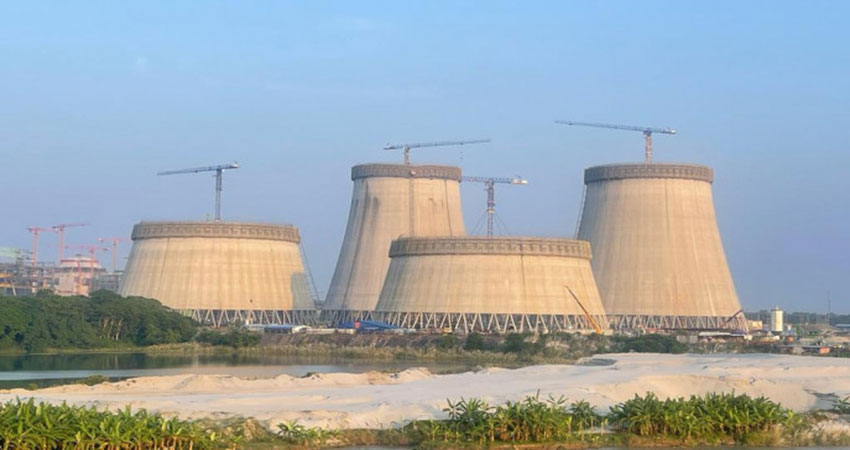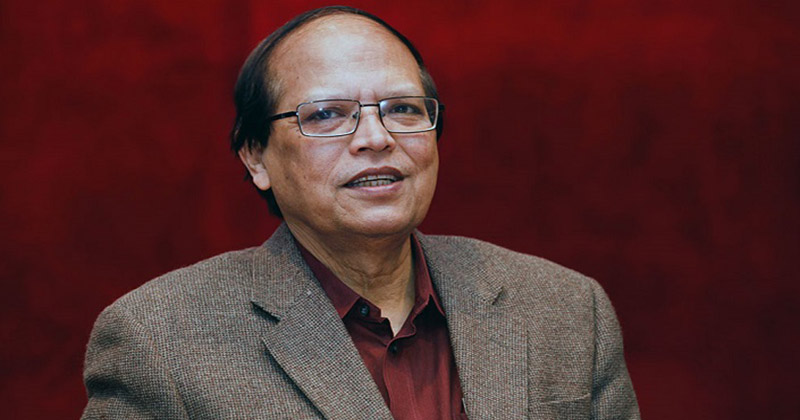The fourth consignment of uranium, the nuclear fuel for Rooppur Nuclear Power Plant, has arrived in Pabna's Rooppur under special security arrangement.
A convoy carrying the fresh nuclear fuel entered the project area around 9:30am on Friday.
Confirming the development, Pabna Superintendent of Police Akbar Ali Munshi said upon its arrival in the project area, both Bangladeshis and Russians, who were involved in the project, warmly greeted the convoy.
The convoy, transporting uranium, departed from Dhaka in the morning, crossed the Bangabandhu Bridge, and reached the Rooppur project area via Natore's Banpara.
Earlier on 28 September, the first consignment of fuel for the Rooppur Nuclear Power Project arrived in Bangladesh. The next day, on 29 September, fuel was taken to the project area under special security measures.
The consignment was formally handed over in the presence of Prime Minister Sheikh Hasina and Russian President Vladimir Putin through a video conference on 5 October, marking Bangladesh's entry to the world's elite club of nuclear power producers.
On 15 January 2013, an agreement regarding State Export Credit of US$ 500 million was signed for carrying out preparatory phase construction works of Rooppur Nuclear Power Plant.
The government signed a US$12.65 billion general contract (GC) in 2015 with Moscow for building the nuclear power plant.
Bangladesh signed a credit agreement with Russia to obtain $11.385 billion credit for RNPP in July 2016. The credit covers 90% of the project cost.
The Ministry of Science and Technology recently said that the first unit of the plant may come into operation in July 2024 and the second unit in July 2025.
Once the two units become operational, the Rooppur Nuclear Power Plant will be capable of generating 2,400 MW of power. The first unit has reached over 90% completion in terms of physical and structural work, while the second unit has progressed to about 70% completion.
According to the World Nuclear Association website, the countries using nuclear energy include the US, China, France, Russia, South Korea, Canada, Ukraine, Germany, Japan, Spain Sweden, Belgium, UK, India, Czech Republic, Finland, Switzerland, Bulgaria, Pakistan, Hungary, Slovakia, Brazil, South Africa, Mexico, Romania, Argentina, United Arab Emirates, Belarus, Slovenia, the Netherlands, Iran and Armenia.



















